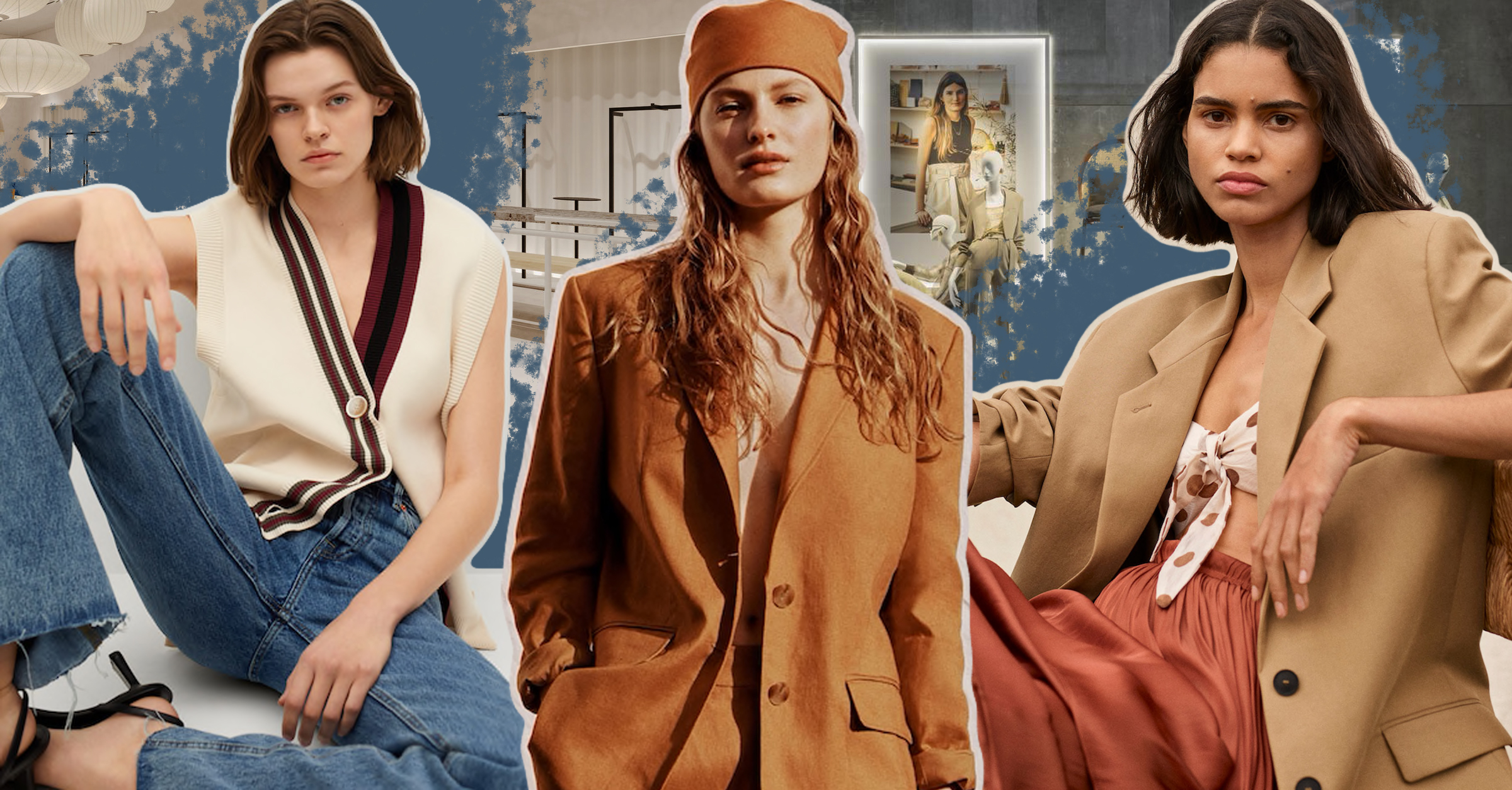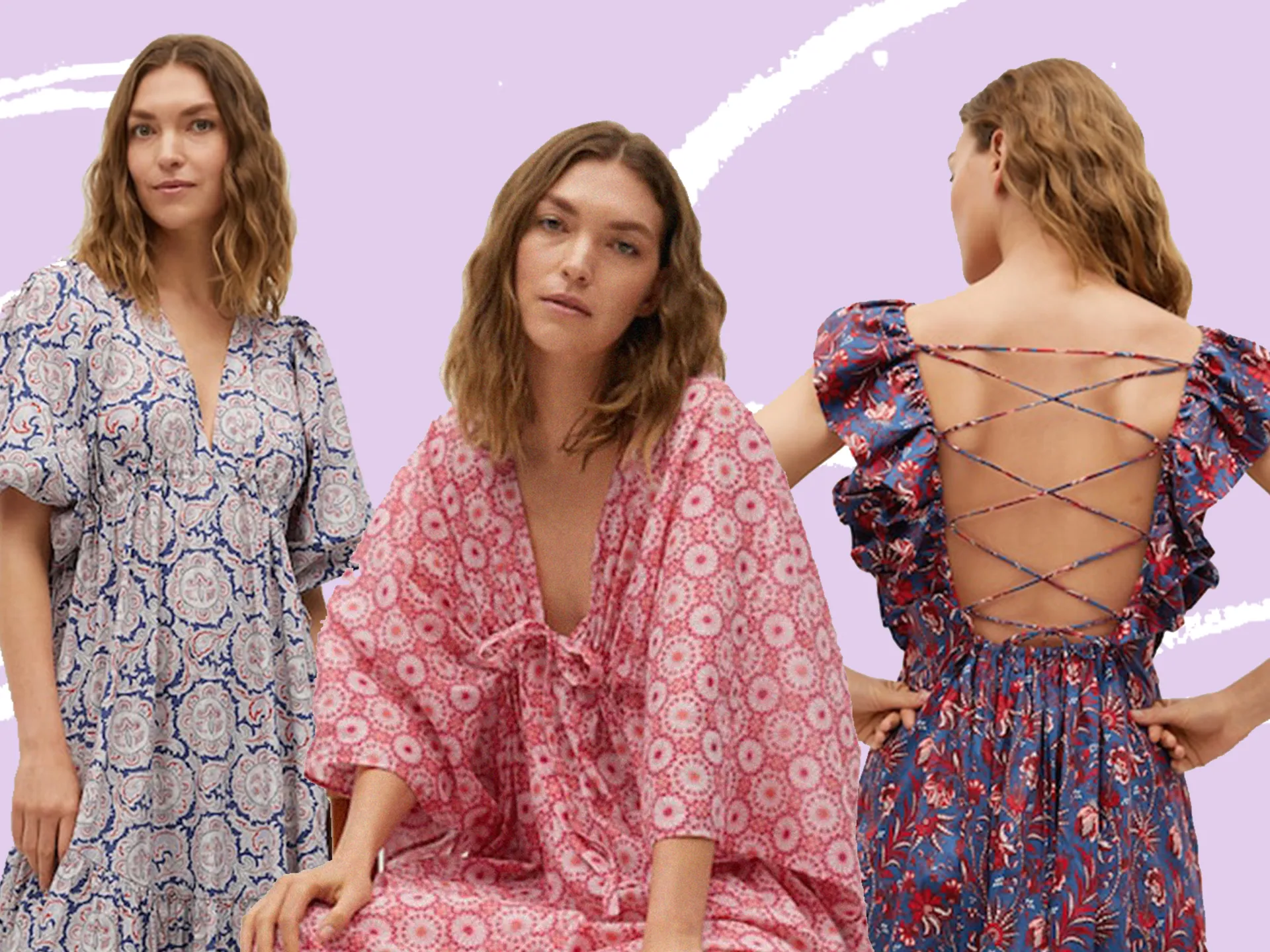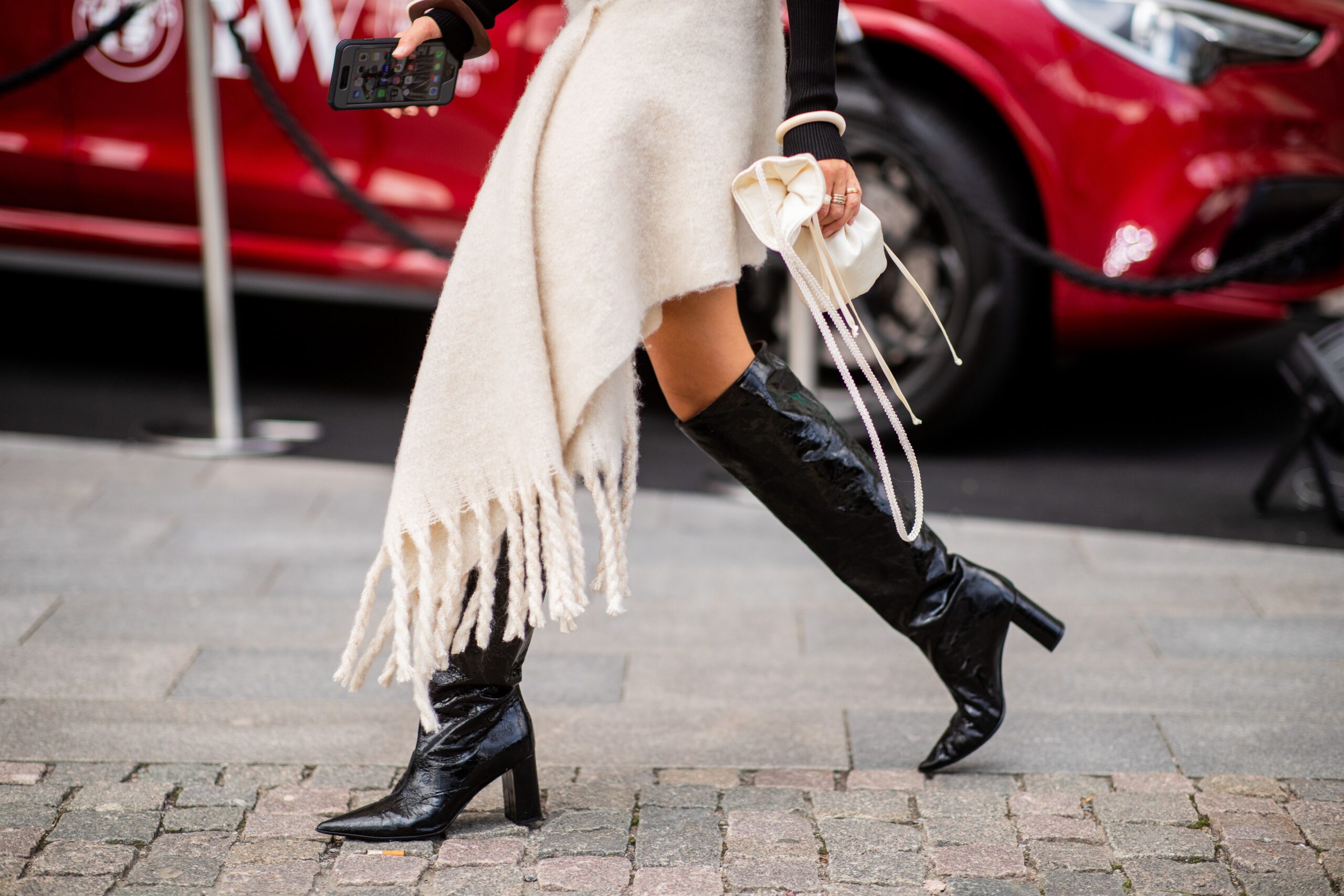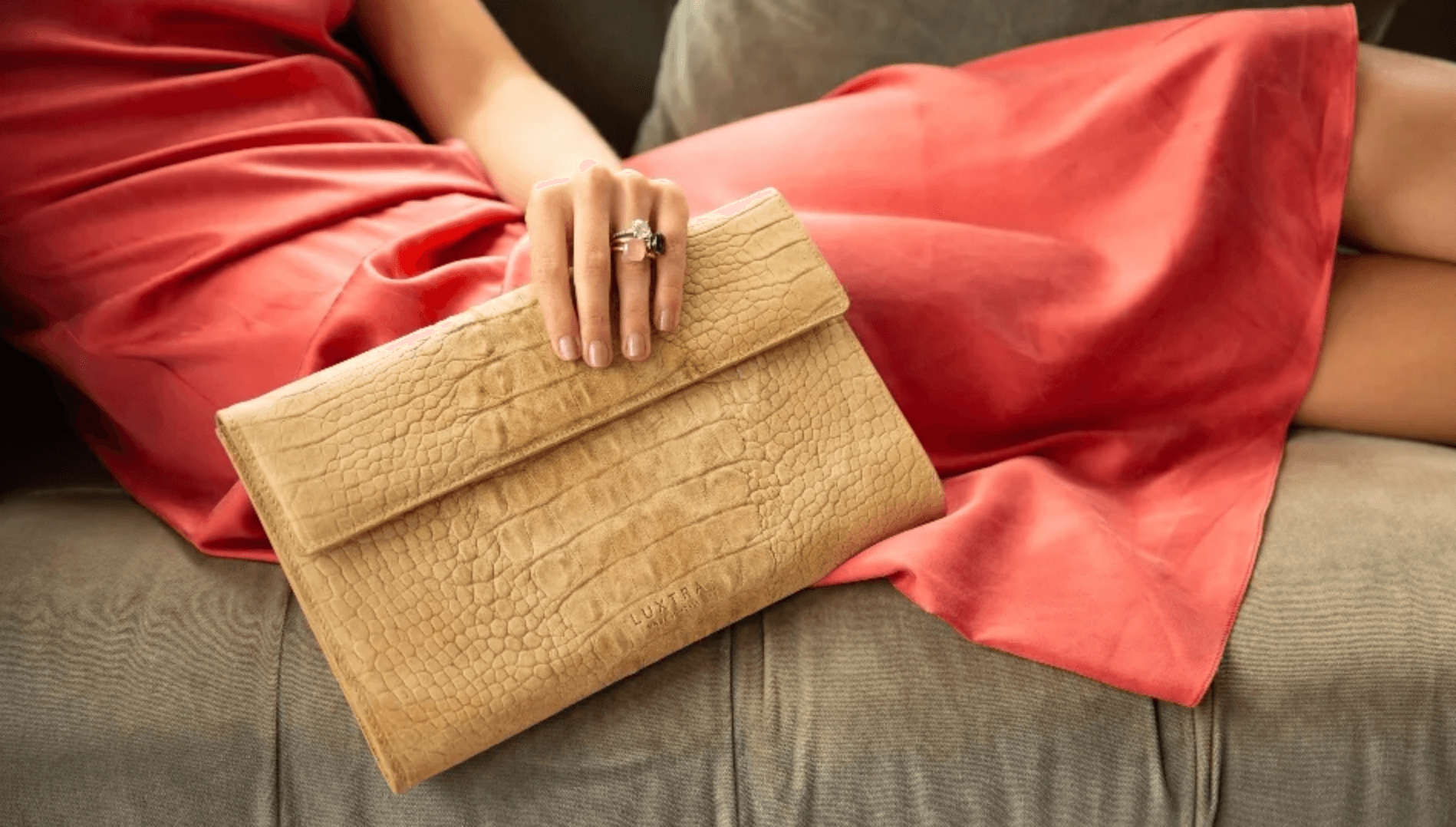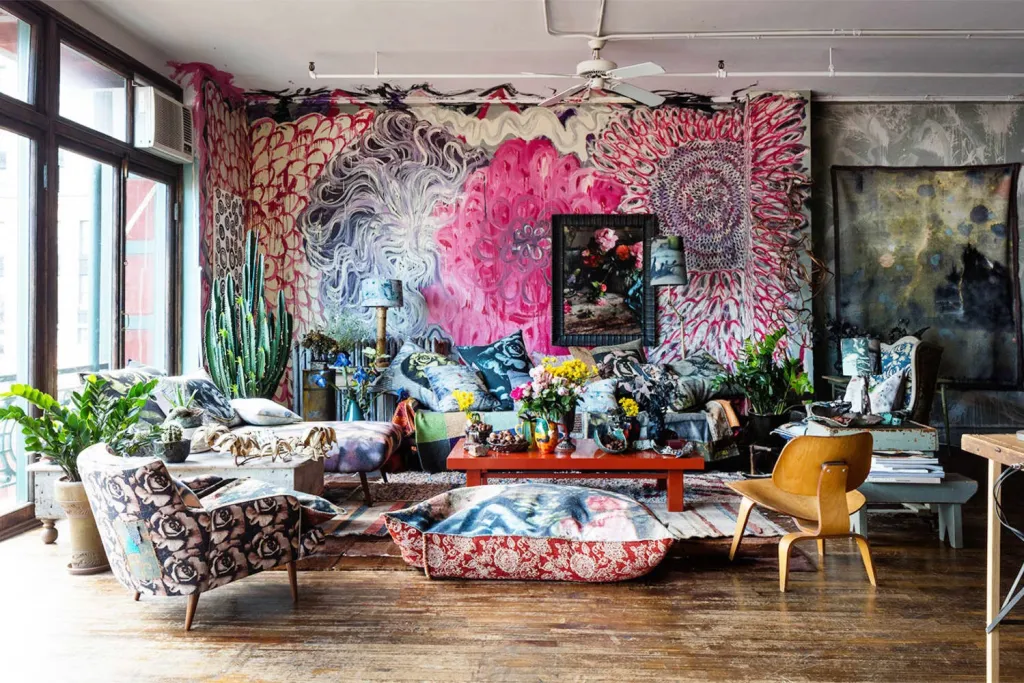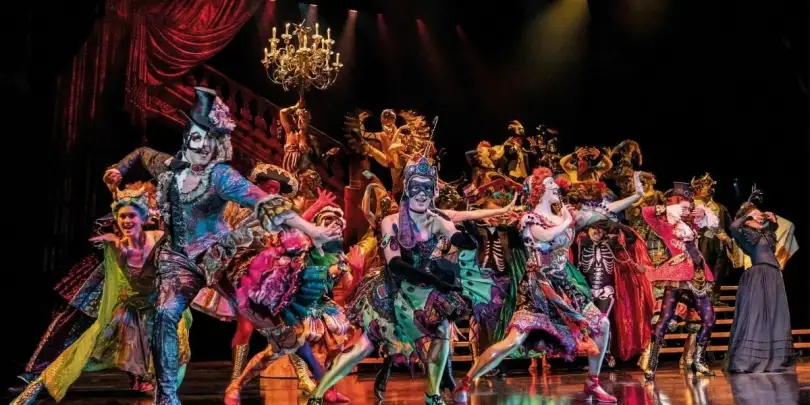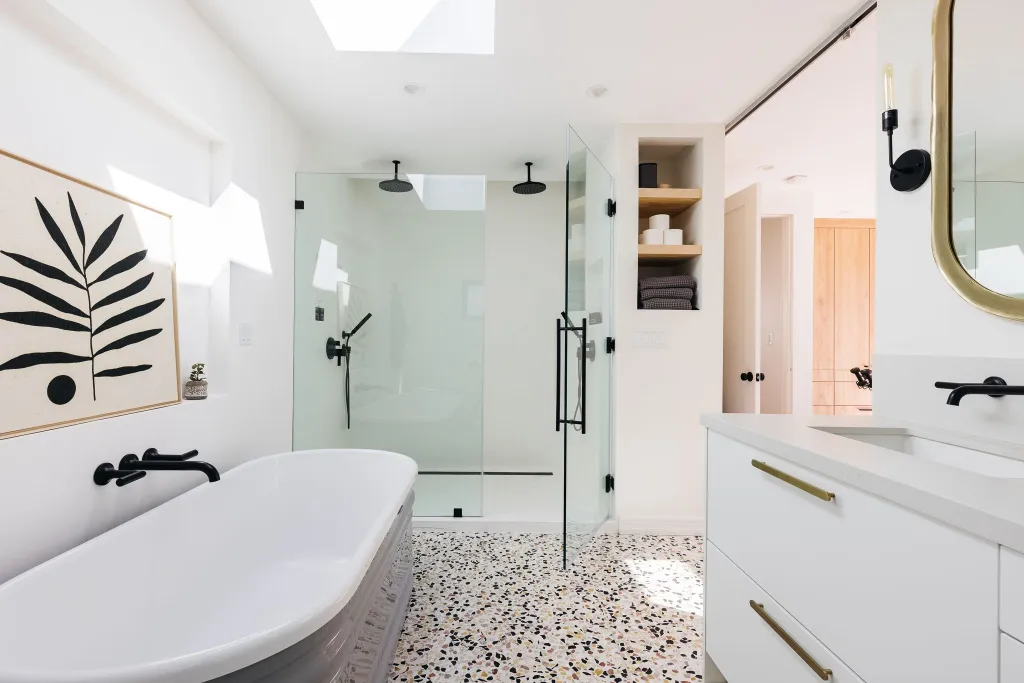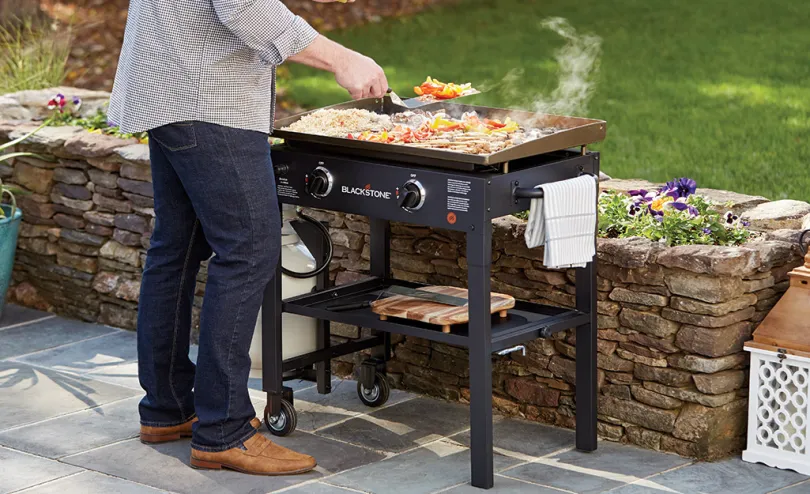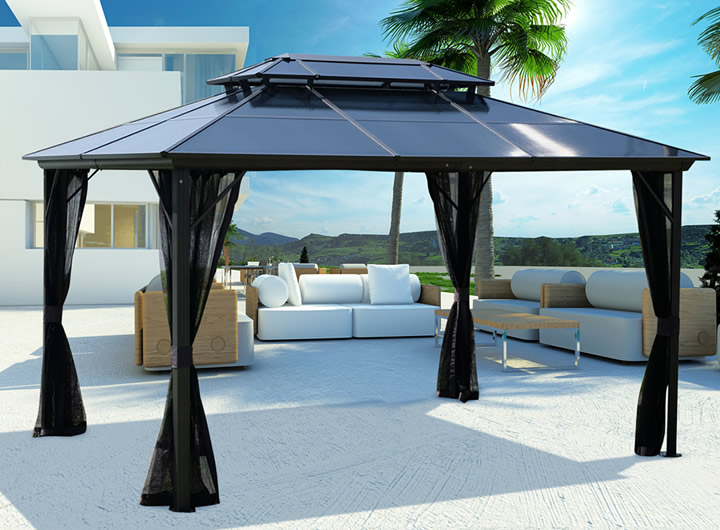Mango is a Spanish clothing and accessory brand that was founded in Barcelona in 1984. The brand is renowned for its modern, chic, and affordable fashion for women. Mango offers a wide range of clothing items, including dresses, skirts, pants, jackets, and tops, as well as accessories such as bags, shoes, and jewelry.
Mango’s style is known to be feminine, elegant, and urban, with a focus on clean lines, high-quality fabrics, and attention to detail. The brand draws inspiration from current fashion trends but also maintains a unique aesthetic that sets it apart from other high street retailers.
Mango has become an international brand with stores in over 110 countries and has collaborated with well-known fashion designers such as Isabel Marant, JW Anderson, and Simone Rocha. In recent years, Mango has also made efforts to become more sustainable and environmentally friendly by launching collections made from organic cotton and recycled polyester, among other initiatives.
The Journey of Mango
Mango is a Spanish fashion brand founded in 1984 in Barcelona by the brothers Isak and Nahman Andic. The company’s first store opened on Paseo de Gracia in Barcelona, and by the early 1990s, Mango had expanded to various other cities in Spain. In 1992, Mango began its international expansion with the opening of its first store in Portugal.
By the end of the 1990s, Mango had a presence in several other European countries, including France, Germany, Italy, and the United Kingdom. The brand’s expansion continued into the early 2000s, with the introduction of Mango to Middle Eastern, North African, and Latin American markets. Today, Mango boasts over 2,200 stores in more than 110 countries, making it one of the world’s largest fashion retailers.
Mango’s success can be attributed in part to its ability to offer affordable fashion that is both trendy and timeless. The brand’s design team works closely with manufacturers to ensure that the clothing is made from high-quality materials and well-tailored. Mango’s collections are inspired by the latest fashion trends but with a unique twist that sets them apart.
In recent years, Mango has made significant efforts to become more sustainable and environmentally friendly. The company has launched various initiatives to reduce its environmental impact, including using organic and recycled materials, implementing energy-efficient lighting in its stores, and reducing packaging waste. Mango has also collaborated with various organizations to promote sustainability in the fashion industry, including the Sustainable Apparel Coalition and the Better Cotton Initiative.
Despite the challenges presented by the COVID-19 pandemic, Mango has continued to adapt and innovate. The brand has launched new e-commerce platforms, expanded its online offerings, and embraced new technologies such as virtual reality to enhance the customer experience. As Mango looks to the future, it is likely to continue evolving and adapting to changing consumer preferences and market trends.
Characteristics of Mango
Here are some key characteristics of the Mango brand:
Chic and modern style: Mango offers clothing and accessories with a modern, urban aesthetic that is both stylish and practical. The brand is known for its clean lines, quality fabrics, and attention to detail.
Affordable prices: Mango aims to make fashion accessible to a wide range of consumers, with prices typically more affordable than luxury fashion brands. This pricing strategy has helped Mango build a loyal customer base worldwide.
Wide variety of products: Mango offers a diverse range of clothing items, including dresses, blouses, skirts, pants, jeans, jackets, coats, sweaters, lingerie, swimwear, and activewear. The variety allows customers to create complete outfits or mix and match pieces to showcase their individual style.
International presence: Mango has a global presence, with stores in over 110 countries. This global reach has helped the brand become recognizable in the fashion industry and enabled it to leverage diverse markets and trends.
Focus on sustainability: Mango has dedicated itself to sustainability in recent years, releasing collections made from organic and recycled materials, implementing environmentally friendly practices in its stores and supply chain, and collaborating with organizations to promote sustainability in the fashion industry.
Designer collaborations: Over the years, Mango has collaborated with various well-known fashion designers, including Isabel Marant, JW Anderson, and Simone Rocha. These collaborations bring a fresh perspective to the Mango brand and help ensure that the collections remain current and trendy.
Customer-centric approach: Mango places a strong emphasis on customer satisfaction, focusing on providing a positive shopping experience both online and in-store. The brand’s website and mobile app are user-friendly and offer a range of features to enhance the customer experience.
Available Products
Mango offers a wide range of products for women, men, and children, including:
- Women’s clothing: Dresses, blouses, skirts, pants, jeans, jackets, coats, sweaters, lingerie, swimwear, and activewear.
- Women’s accessories: Bags, shoes, jewelry, hats, scarves, and belts.
- Men’s clothing: Shirts, T-shirts, pants, jeans, jackets, suits, sweaters, and activewear.
- Men’s accessories: Bags, shoes, belts, ties, and hats.
- Children’s clothing: Clothing for babies, girls, and boys, including dresses, T-shirts, pants, shorts, jackets, coats, and activewear.
In addition to these clothing and accessory items, Mango also offers a range of beauty products, including perfume, makeup, and skincare products.
Mango’s range is designed to provide customers with a complete wardrobe system, focusing on quality, affordability, and style. The brand’s collections are regularly updated to reflect the latest trends, featuring a mix of timeless classics and trendy items. Mango also offers a range of sizes, with options for petite and plus-size women, as well as a variety of fits and styles to suit different body types and personal preferences.
The Future of Mango
The future of Mango looks promising as the brand continues to adapt to changing consumer preferences and market trends. Here are some potential areas of growth for Mango in the coming years:
E-commerce: The COVID-19 pandemic has accelerated the shift toward online shopping, and Mango has already invested heavily in its e-commerce platforms. As consumers become more accustomed to online shopping, Mango is likely to constantly work on expanding its digital presence, offering a seamless online shopping experience and personalized services such as virtual fitting sessions and styling advice.
Sustainability: Mango has dedicated itself to sustainability in recent years, and this is likely to be an even more important focus for the brand in the future. As consumers become more aware of the environmental impacts of the fashion industry, Mango is likely to continue investing in sustainable materials, environmentally friendly practices, and circular economy initiatives.
International expansion: While Mango already has a strong global presence, there are still opportunities for the brand to expand into new markets. This could involve entering new regions or countries, as well as tailoring its product offerings and marketing strategies to local tastes and preferences.
Technology: Mango has already embraced technologies like virtual reality, but there is still potential for the brand to explore new ways to use technology to enhance the customer experience. This could include personalized recommendations, digital in-store experiences, or even using artificial intelligence and machine learning to optimize inventory management and supply chain logistics.
Overall, Mango’s success will depend on its ability to continuously innovate and adapt to changing consumer needs and market trends while remaining true to its core values of quality, affordability, and style.

